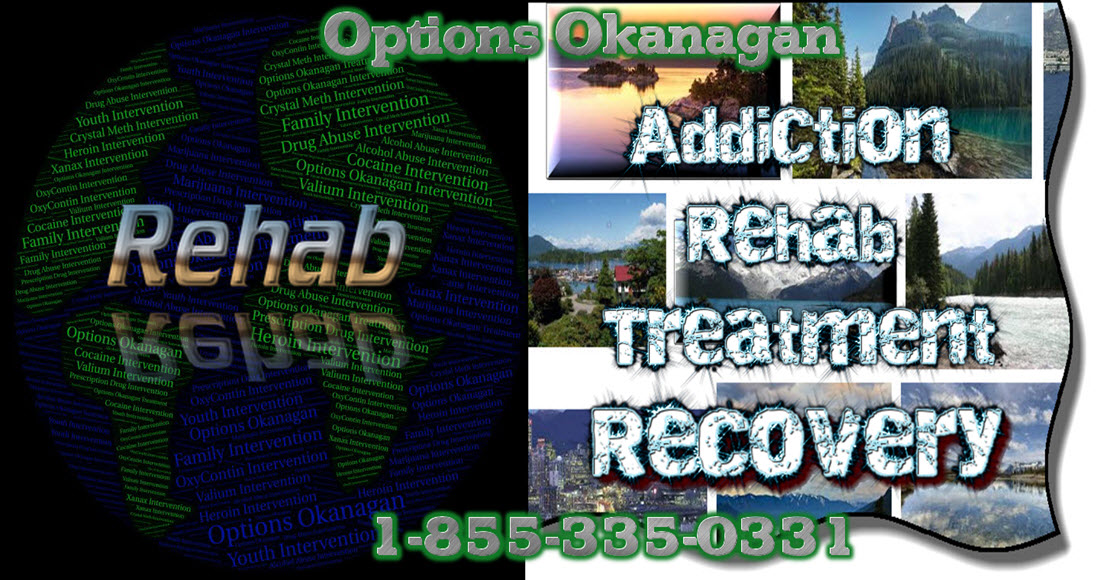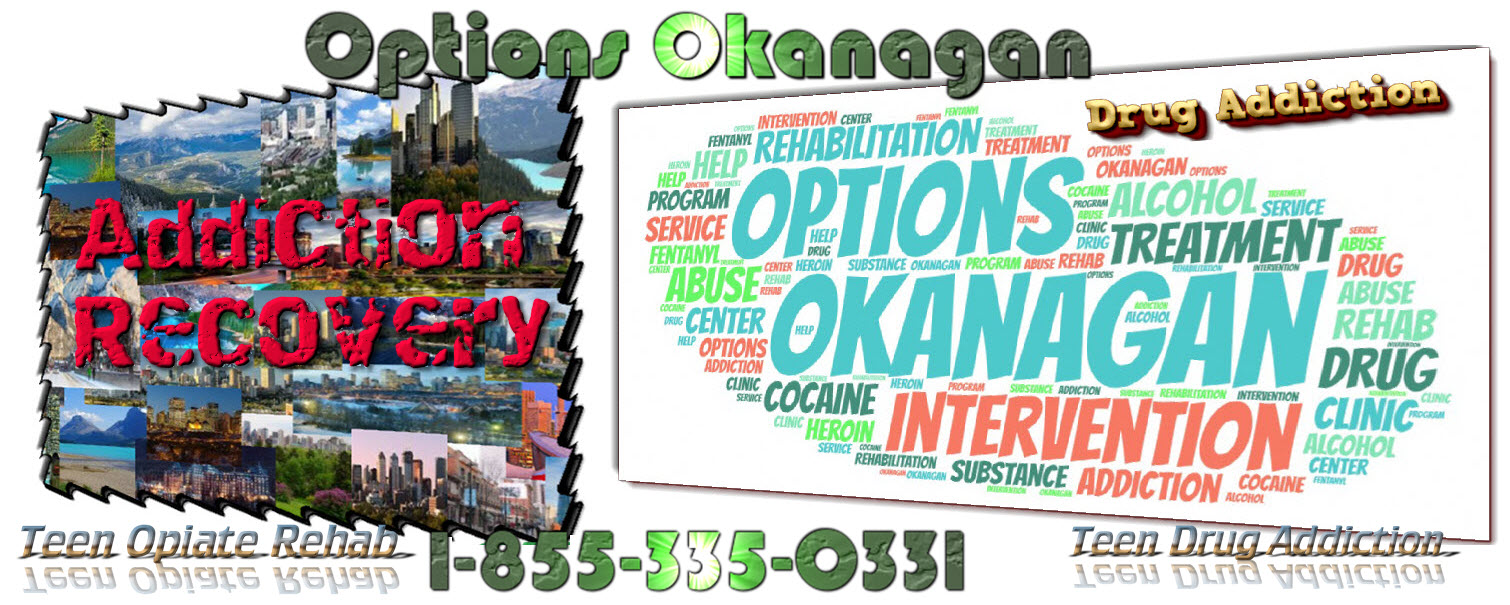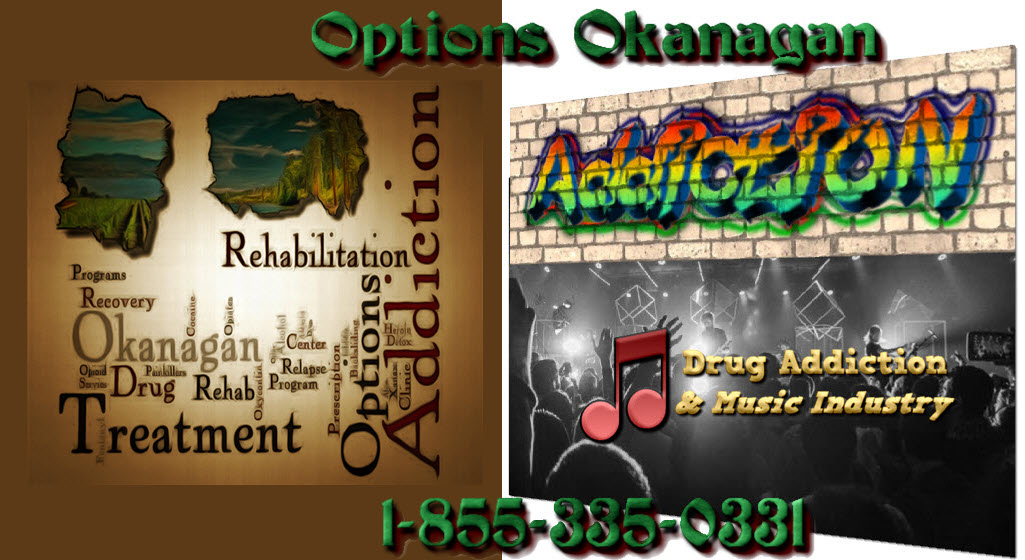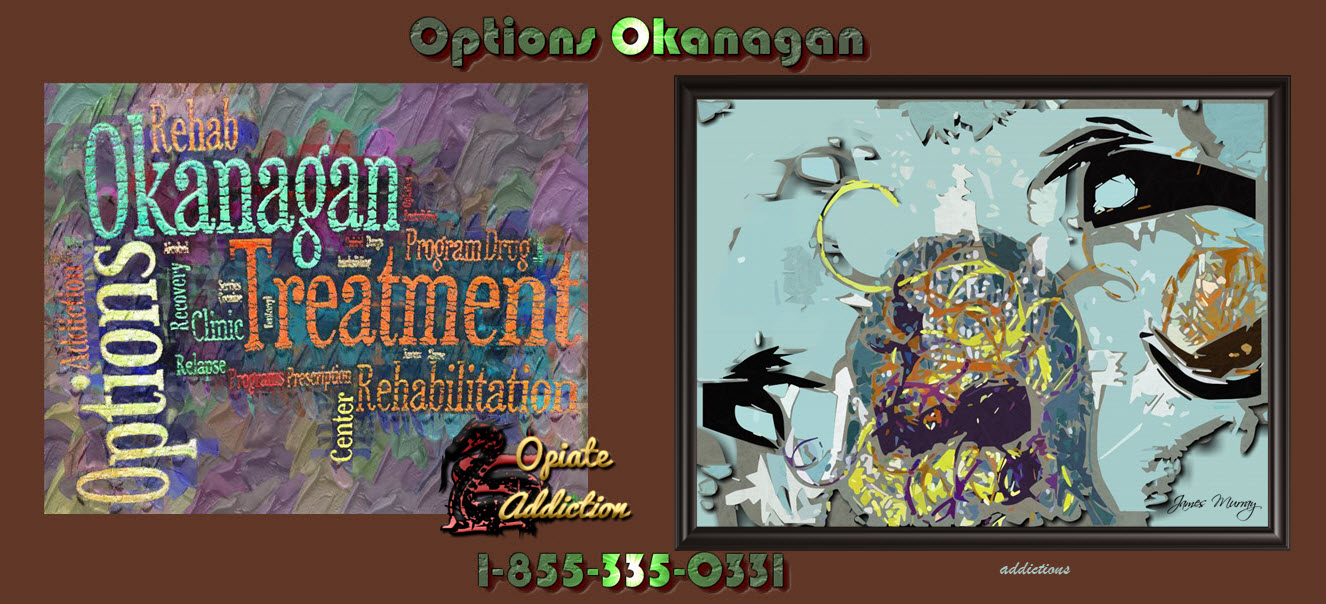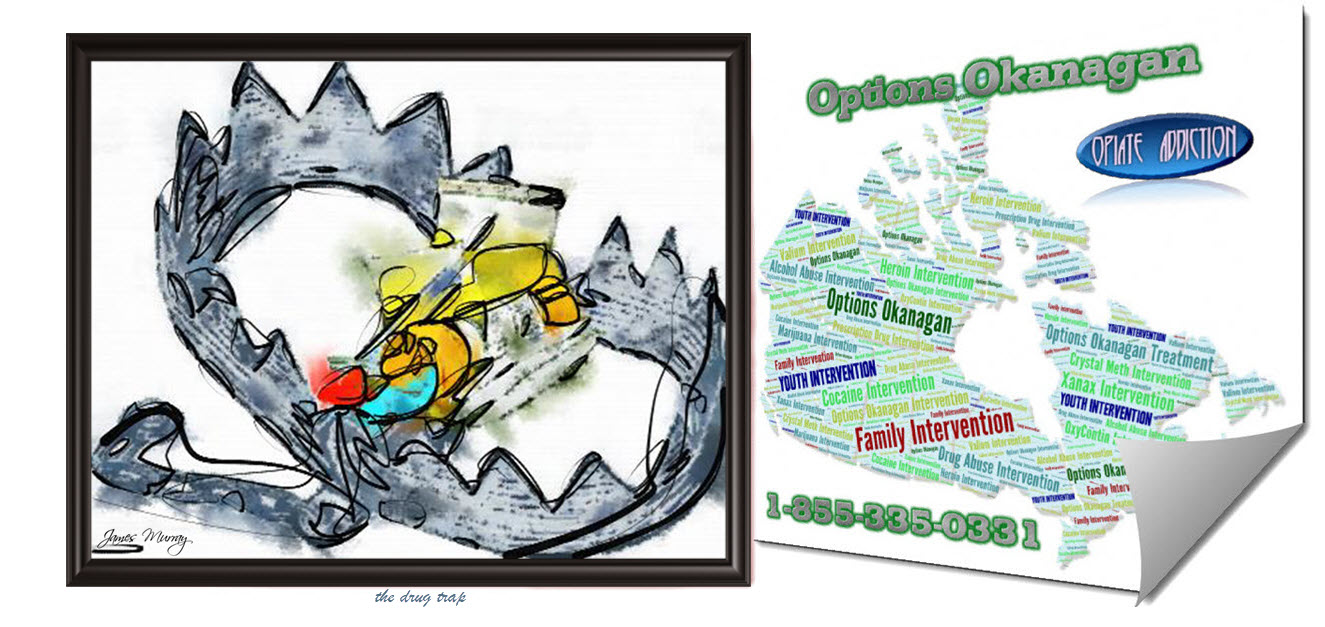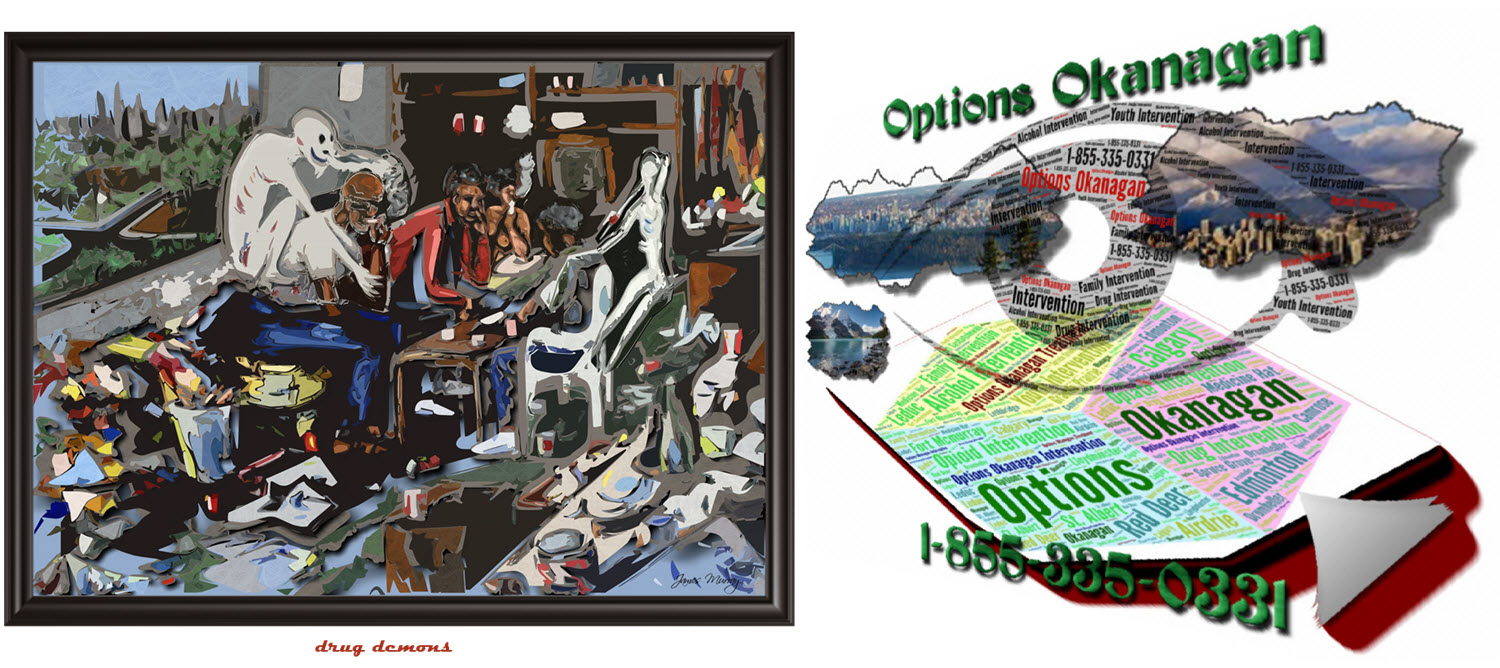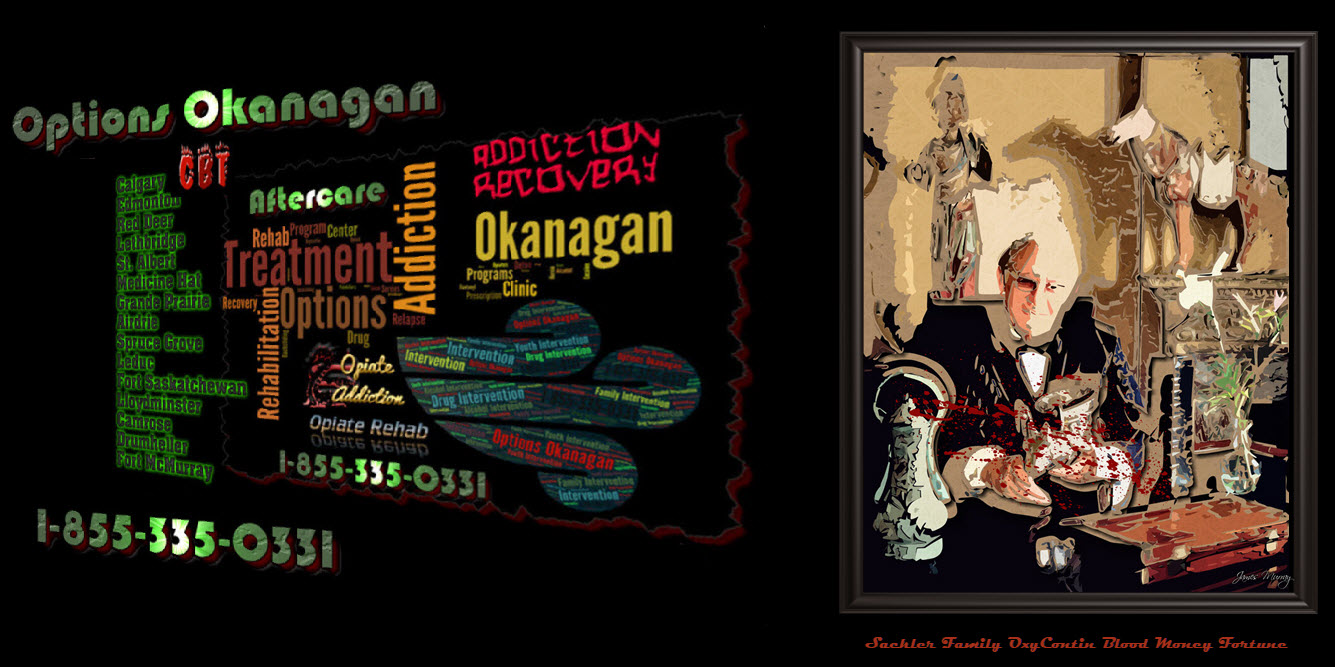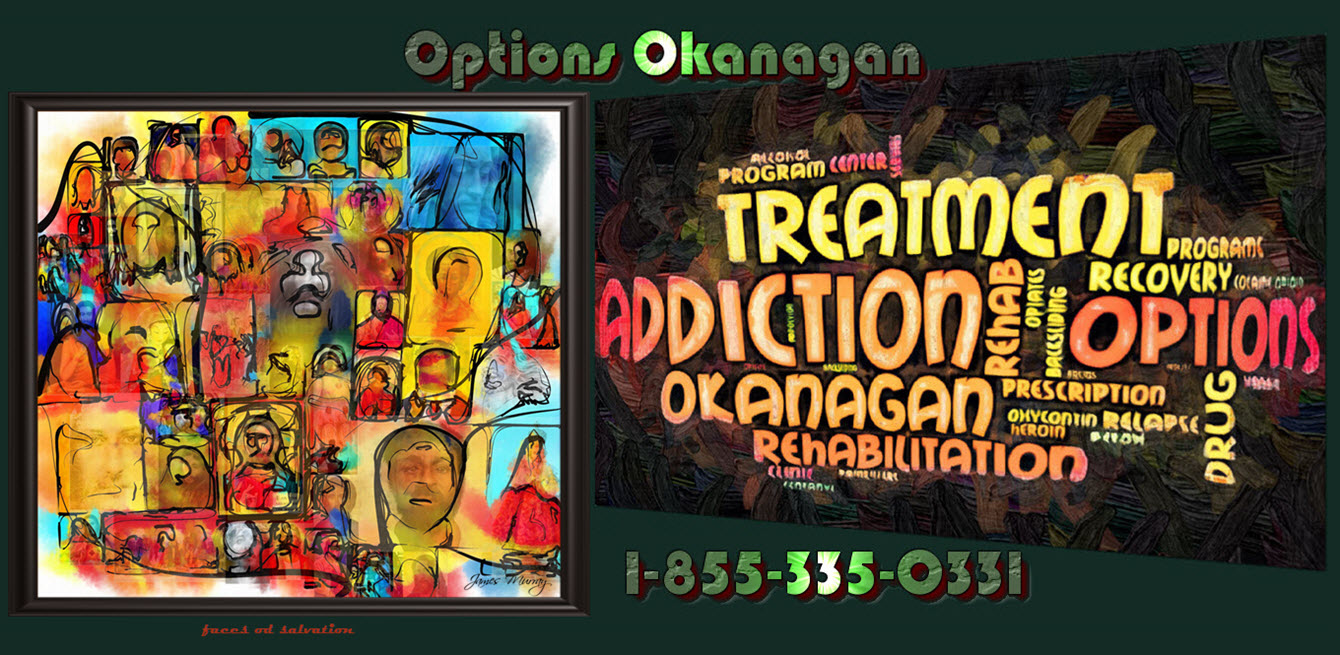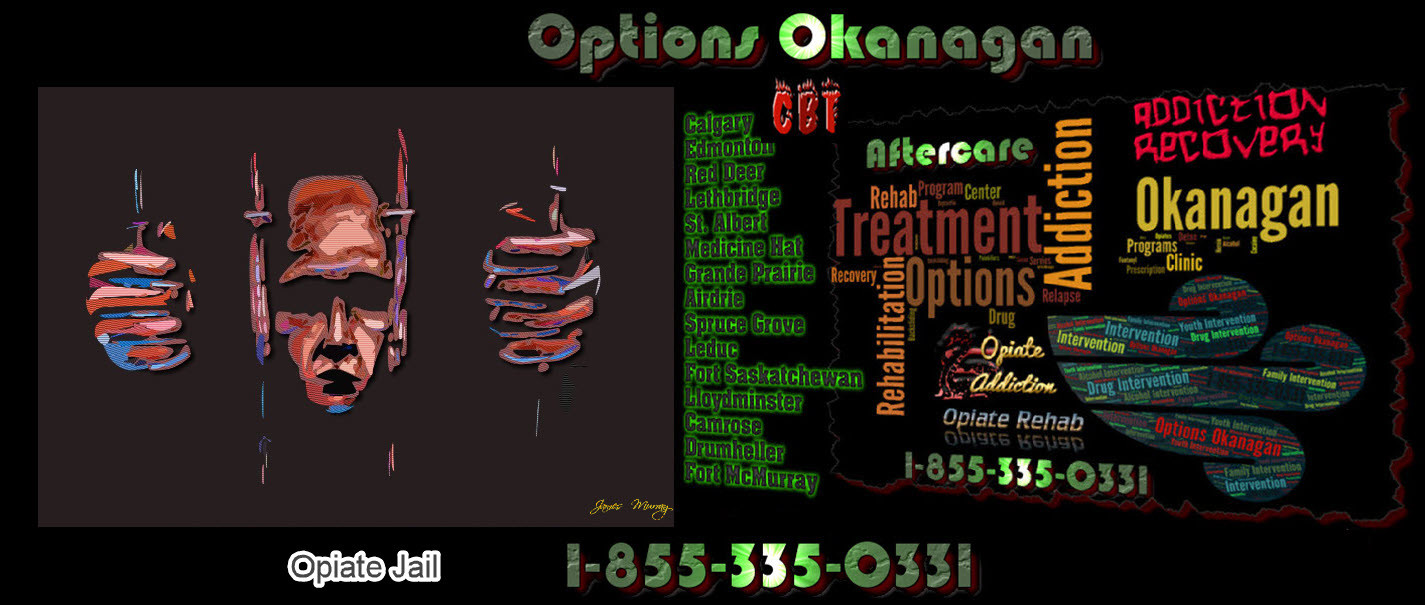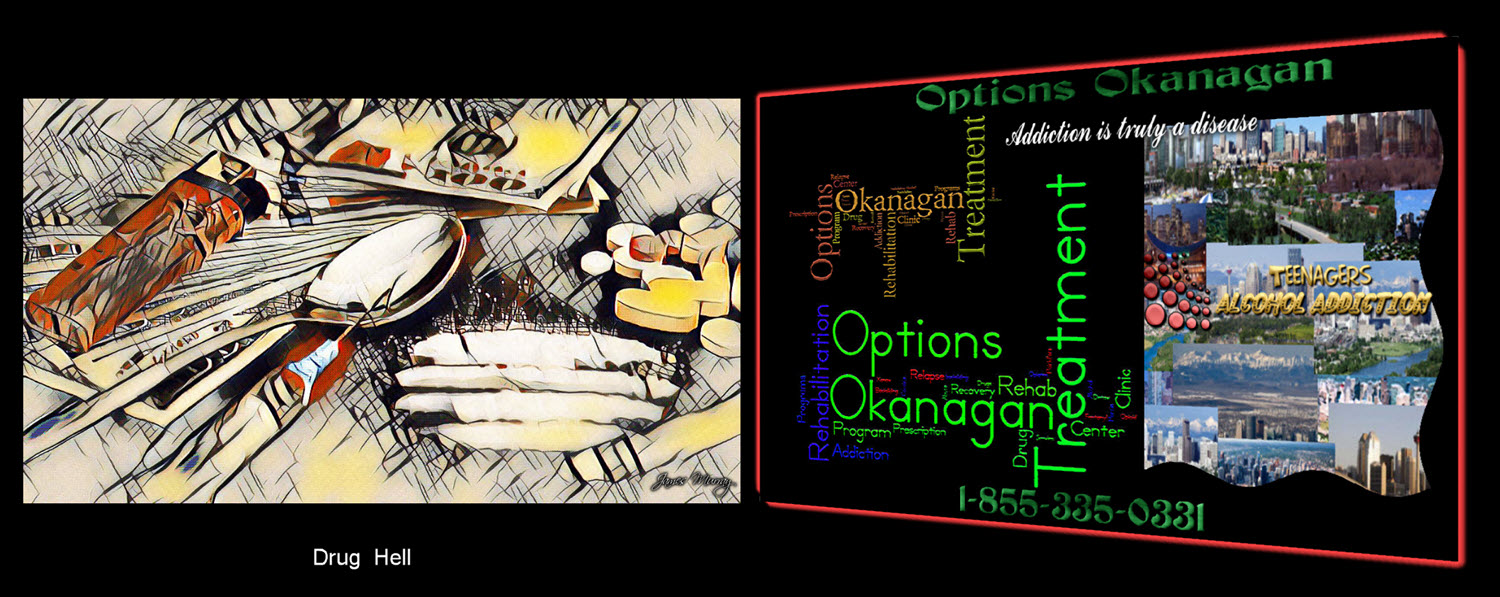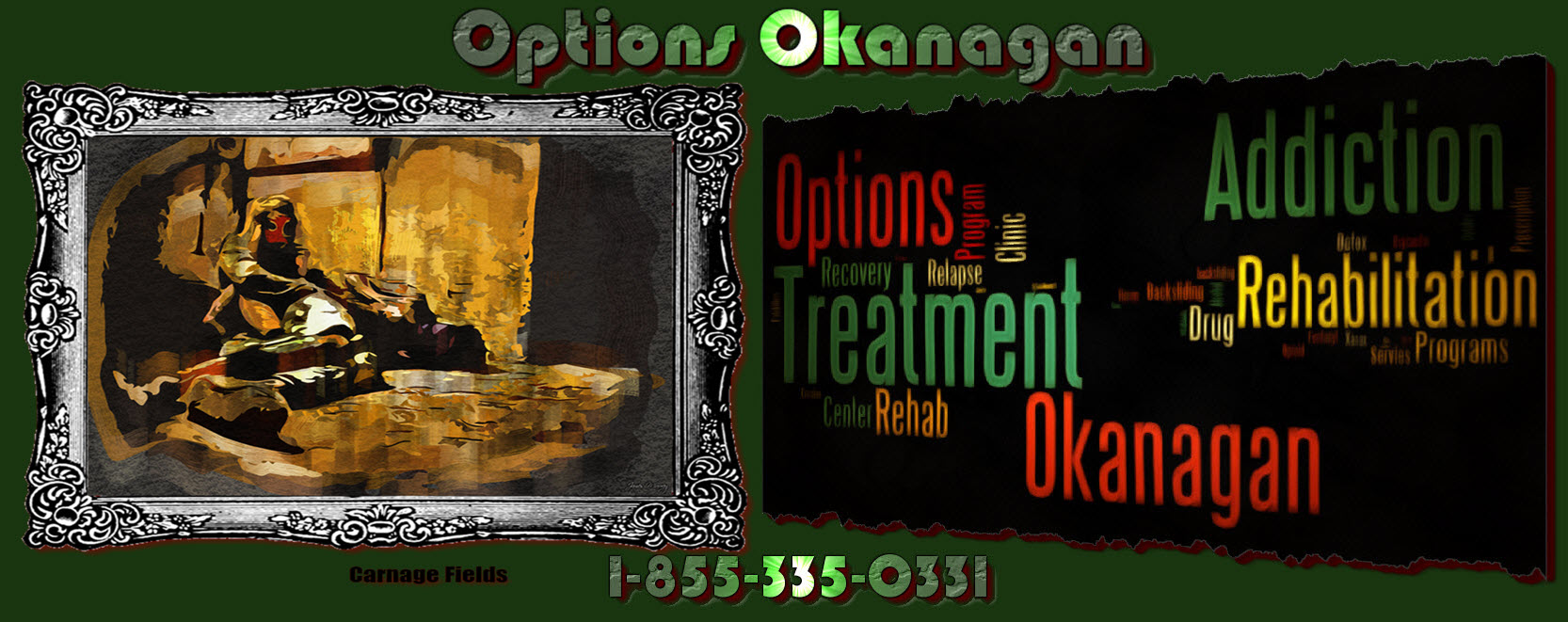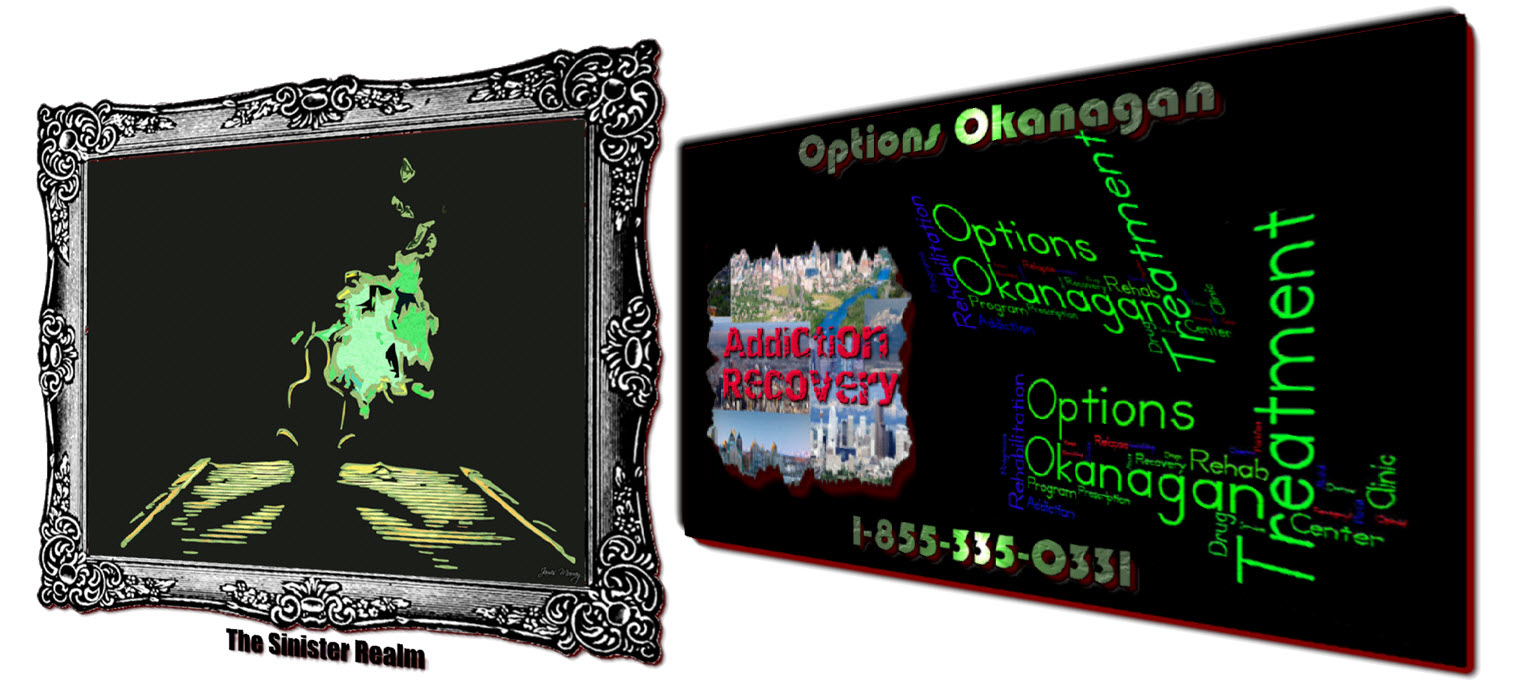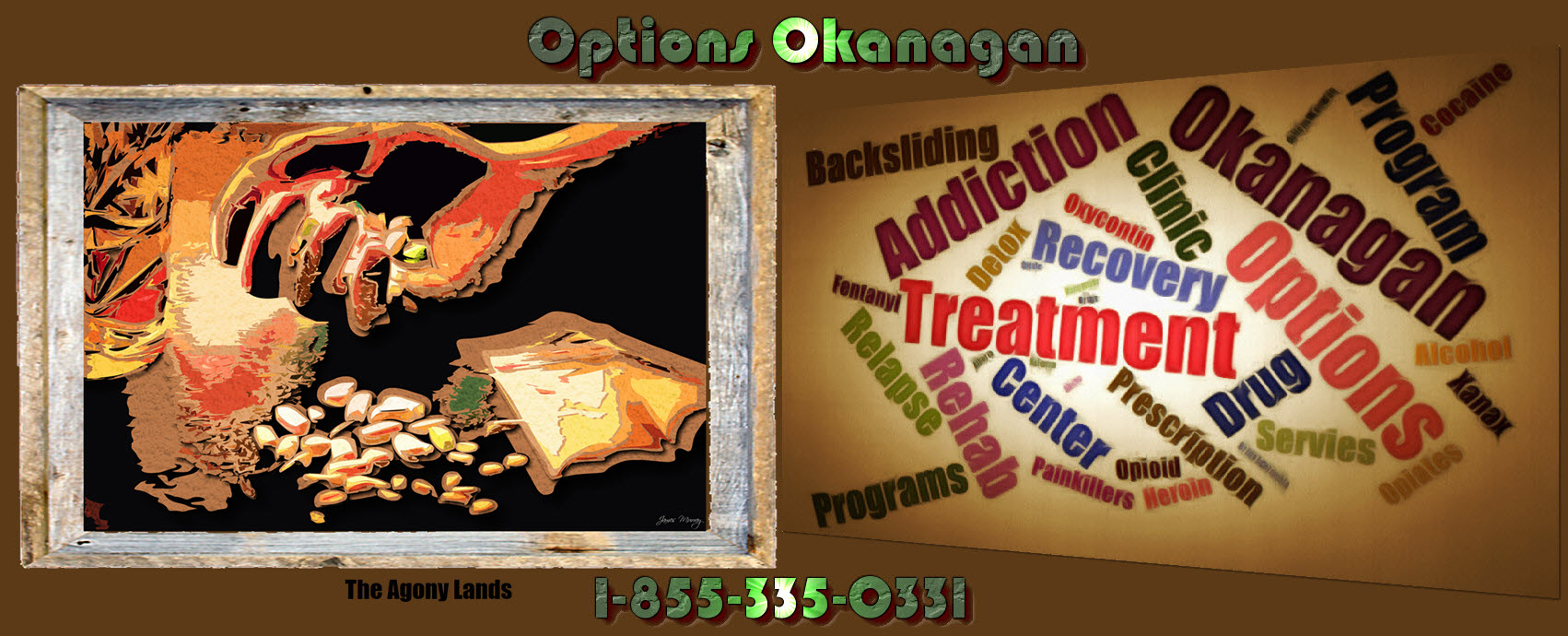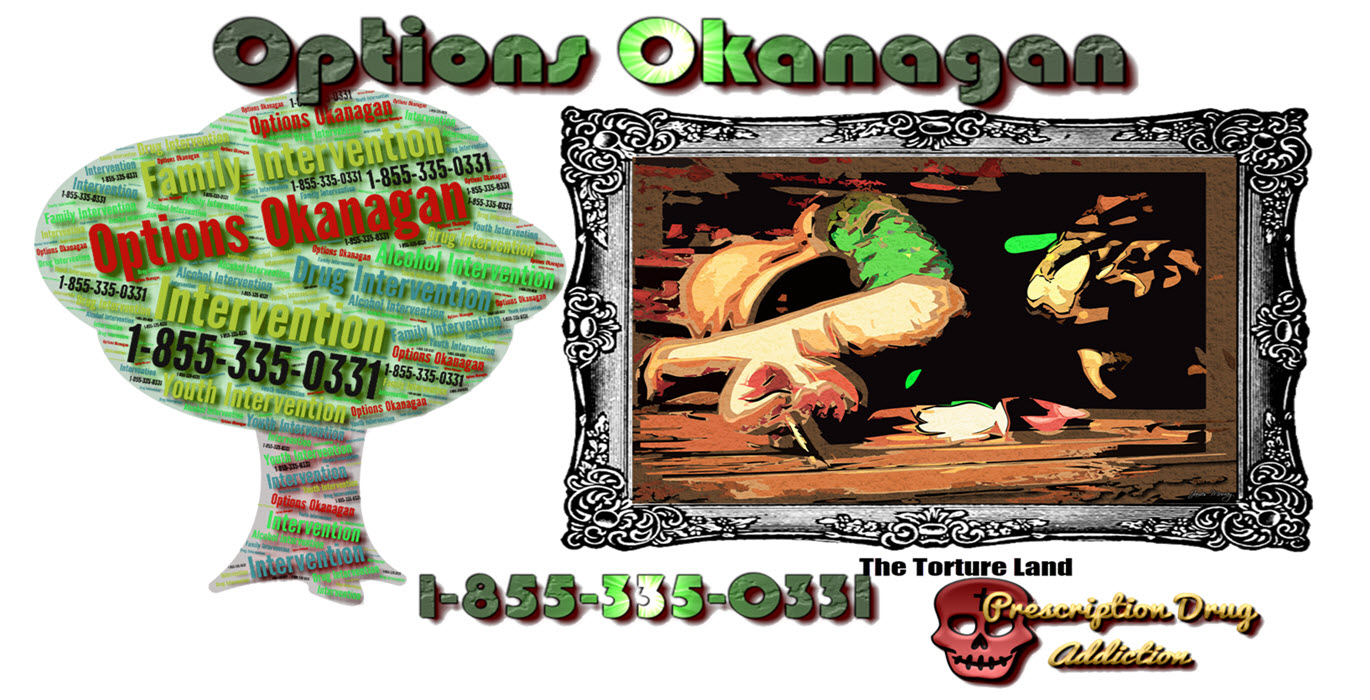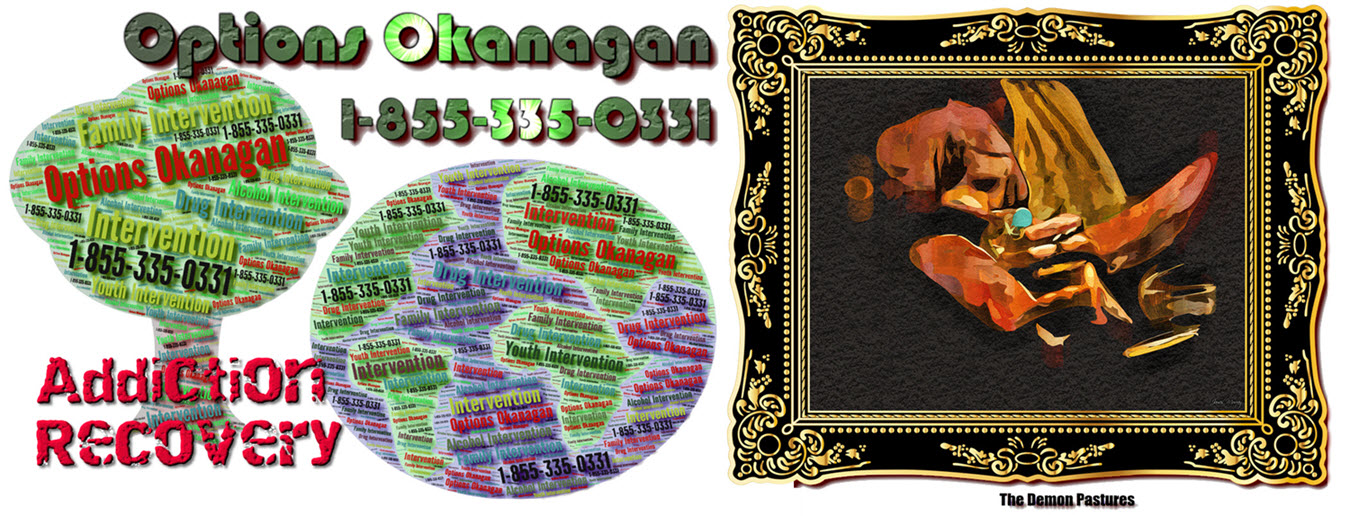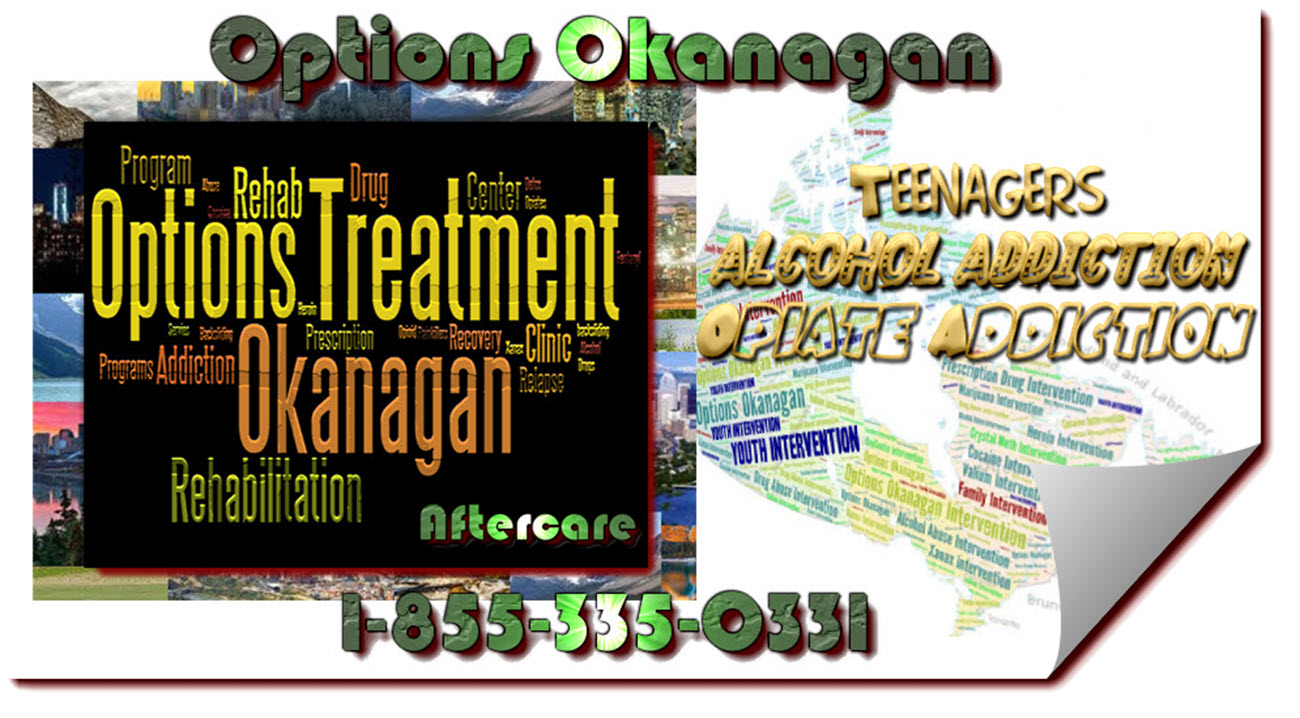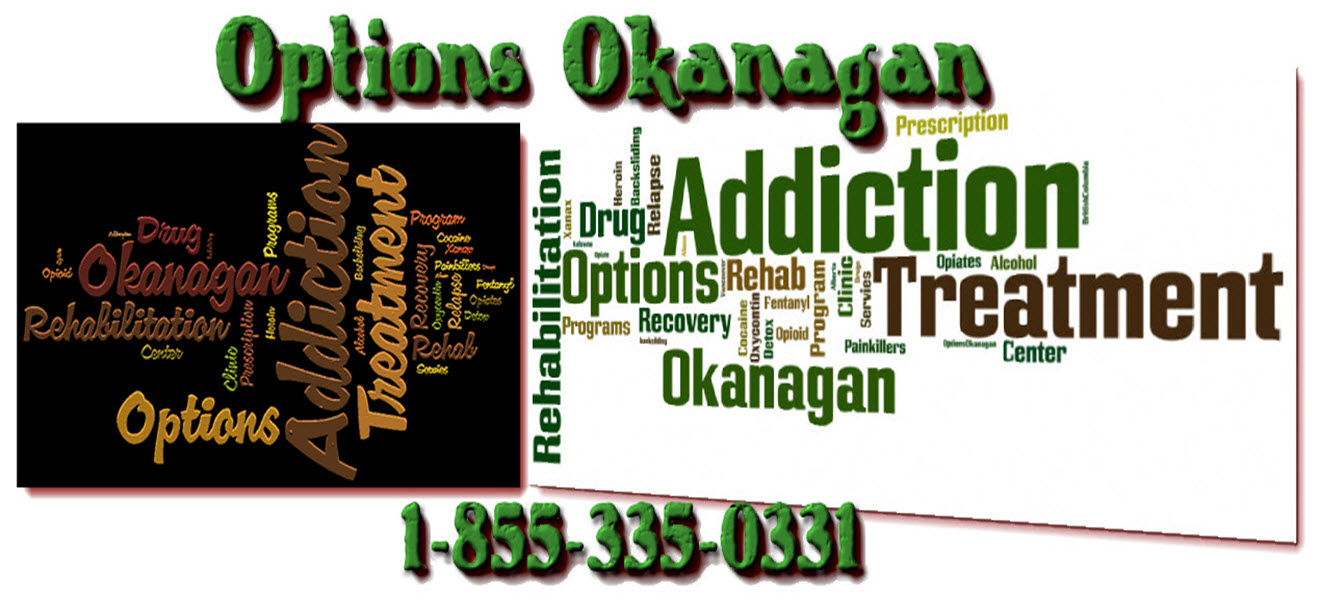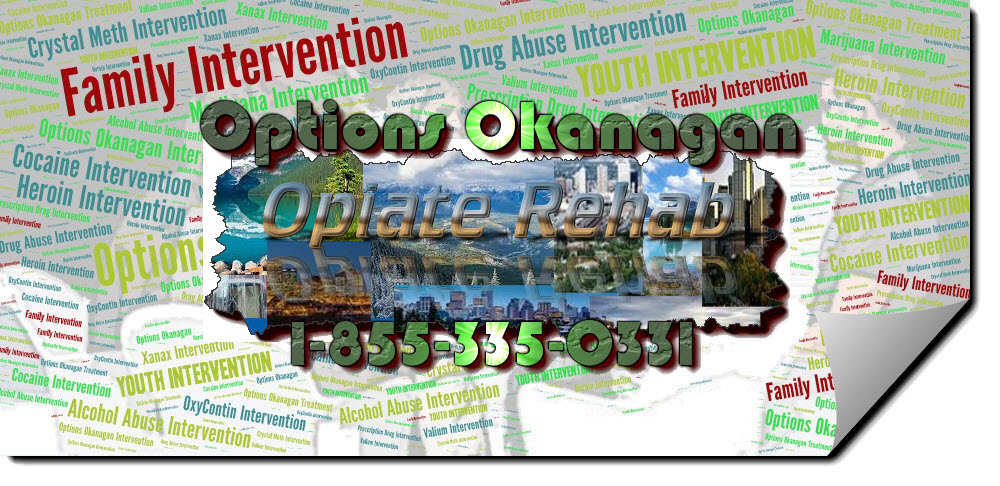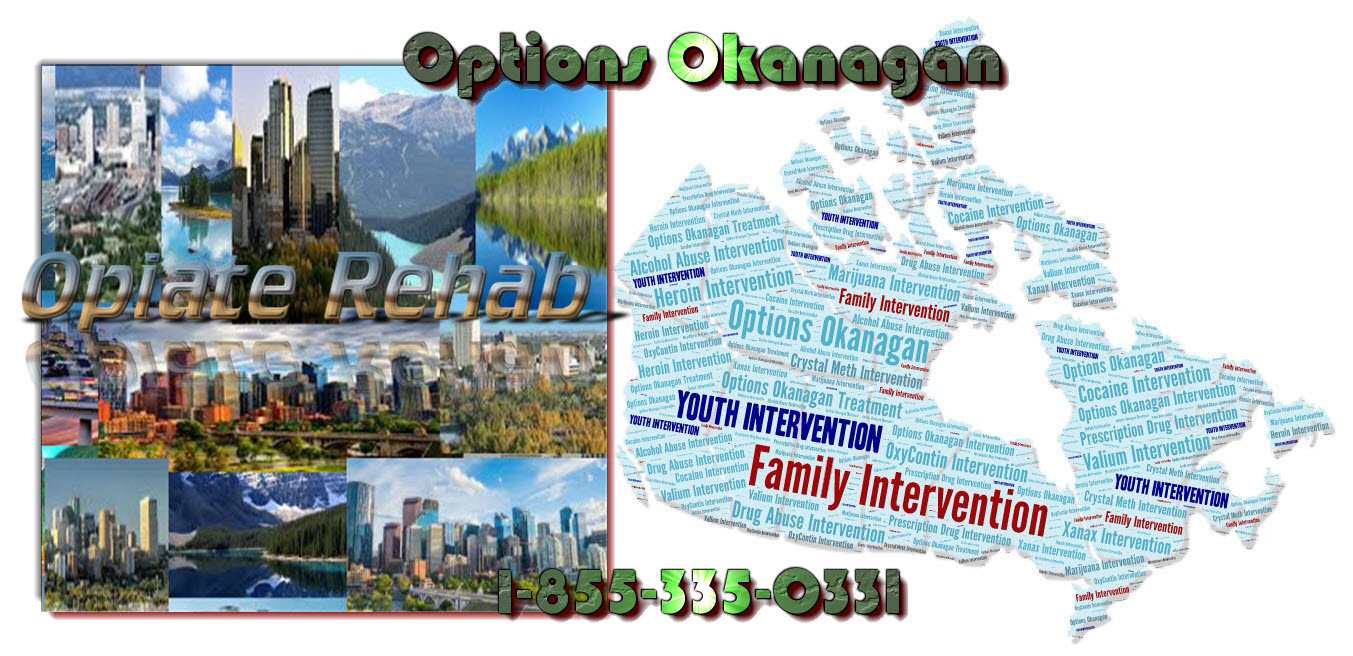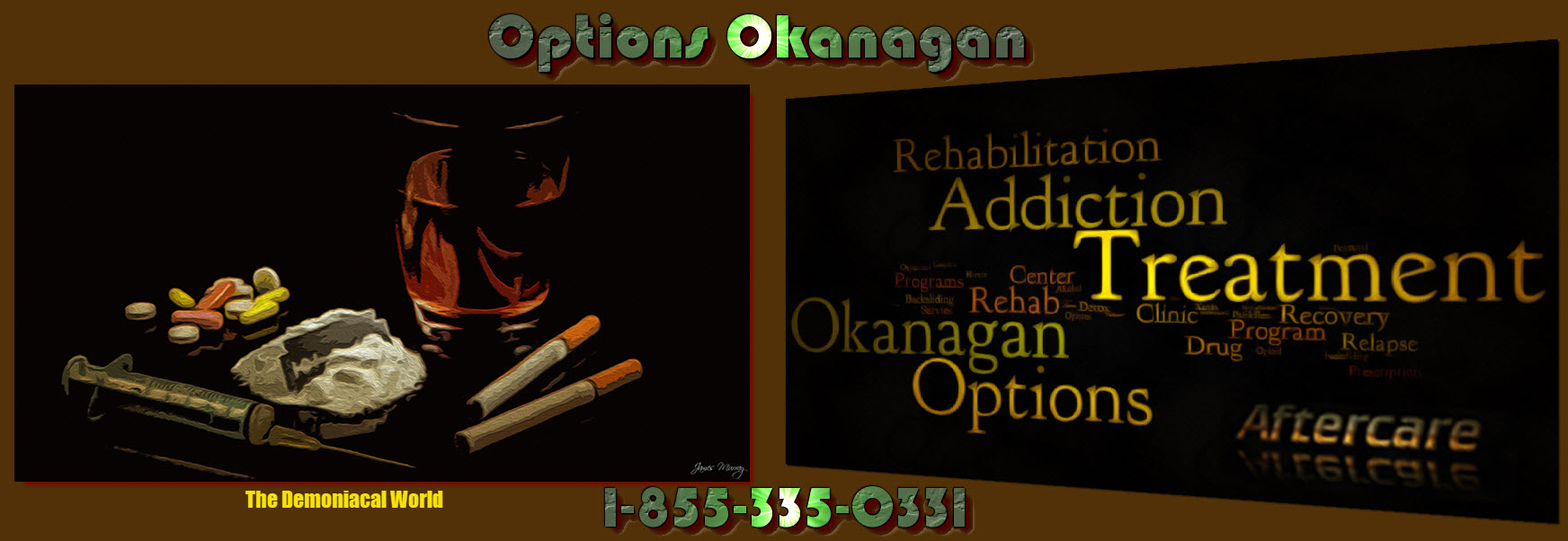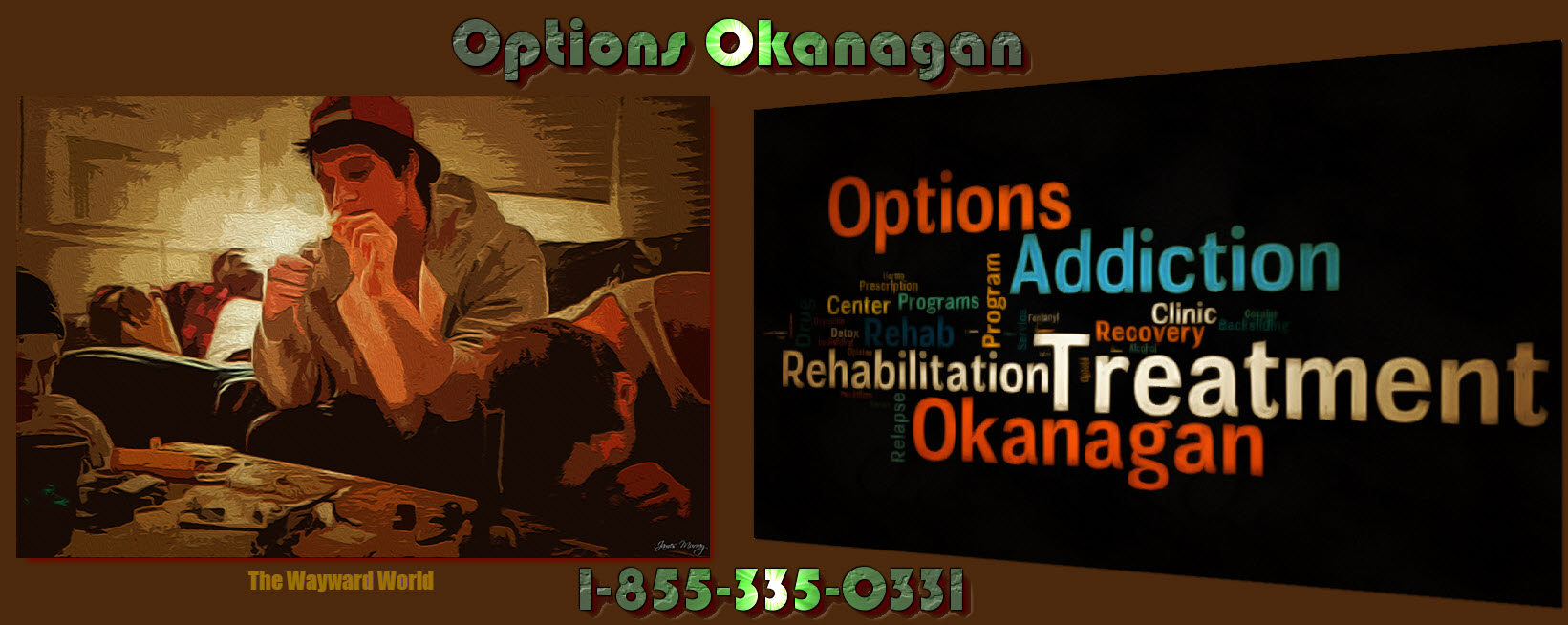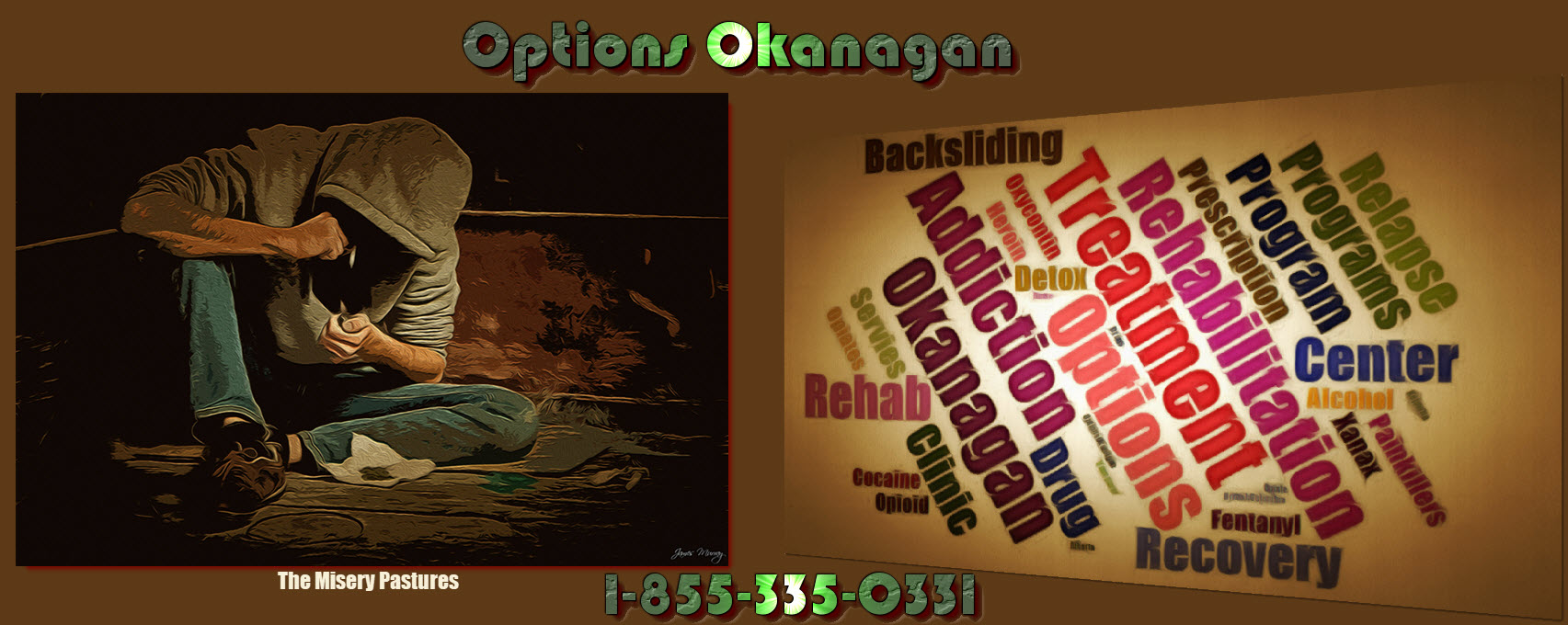Drug addiction rehabilitation misconceptions. Opioid addiction treatment in British Columbia and Alberta – How to treat opiate addiction – Options Okanagan Treatment Centers in Kelowna, British Columbia treating drug, opiate, fentanyl, heroin, and alcohol addiction and recovery.
Opioid rehabilitation treatment in British Columbia and Alberta
In some circles, addiction help has had a negative reputation or trust issues. While it is true that in some cases people will relapse once the addicted individual has recovered, rehabilitation facilities are designed to give people the most effective chance of long-term and sustained sobriety. This is especially important for teens dealing with substance use disorder (SUD).
False: Rehab centers only care about people’s money.
Reality and truth is a rehabilitation facility with people eager to help.
People who work in the addiction healing sectors usually choose it because they have a genuine and genuine opportunity to make a difference in the lives of the people they work with, to help them get better.
Choice of Options Okanagan facilities employs loving and caring addiction recovery professionals who are dedicated to each client’s individual journey. In fact, recovering people often return as counselors and various other members of the support team to help care for others with equal opportunities for healing and recovery. As a result, they have the ability to understand the patient’s struggles and struggles and to relate their own challenges, obstacles and victories. This allows staff to offer support and guidance from a separate, personal perspective that allows clients to see firsthand what life is like and what drug-life will be in long-term recovery from addiction.
<False: You just need detox help.
The reality and the truth is that detoxification is only the first step in treatment
Detoxification is the process by which a person’s body cleanses itself of the substances they have abused. Detox can be painful, but it only deals with the physical aspects of addiction. Once the abused substance has cleared the individual’s system, they still have to overcome their appetite for drugs and also solve the main problem that caused them to abuse these drugs.
Getting support during a detox is a great idea, but it’s only the first step towards long-term recovery. Having the support to deal with and resolve all aspects of one’s addiction is essential to staying sober. Detox treatments only address the physical signs and symptoms of substance use disorder (SUD), but not the end of the road to recovery from addiction.
<False: Detox is not worth the pain and discomfort.
The reality and the truth is that clinically controlled detoxification can relieve the pain and discomfort of abstinence.
Detoxification brings with it many uncomfortable physical symptoms, from vomiting to shaking, as well as impaired thinking. Many people with addictions go about their lives trying to avoid “drug addiction” or experience withdrawal symptoms. As a result, it can be daunting to voluntarily opt for a detox.
However, choosing a treatment center that offers detoxification under the supervision of a doctor can help reduce anxiety and fear. In clinical detoxification, healthcare professionals use drugs that relieve the pain and discomfort of abstinence and treat symptoms, allowing each patient to undergo treatment and therapy in the best possible condition, rather than just getting rid of the physical trauma of detoxification. In addition, medically supervised detoxes help prevent substance abuse as well as the emergence of new drug addiction issues.
False: Medically assisted treatment and therapy simply replaces one drug with another.
The reality and truth is that medication allows a person to safely manage chronic conditions.
For a long time, the field of medicine and rehabilitation was actually directed at total abstinence. However, this is not currently the case, this is changing as medical professionals, doctors, and individuals understand the benefits of using medications to treat long-term chronic health conditions that include addiction and mental illness.
Undergoing medically assisted treatment is something completely different from substance abuse and addiction. During medical treatment, patients are monitored by clinical staff who also monitor the dose and duration of the drugs used. This will help prevent new addiction problems.
Medications can help people with opioid disorders or alcohol addiction. People with a dual diagnosis of mental illness and substance use disorder (SUD) may be given medication to help manage neurochemical imbalances. When these people are truly stable, they can benefit from therapeutic and restorative interventions and treatments. This will enable people to develop stress and anxiety management skills as well as beneficial coping systems.
False: Recovery from addiction requires willpower and self-control.
The reality and truth is that making wise decisions about sobriety is far better than trying to overcome challenges and obstacles.
Addiction is a disease, not a moral or ethical failure. As a result, relying solely on willpower or self-control to stay drug-free and sober can lead to inadvertent relapses. Long-term success in sobriety comes with vigilance, as well as a conscious dedication and commitment to keeping recovery a top priority. Also, make the right choices that will not put that involvement and commitment at risk or jeopardy. This strategy involves avoiding triggers and scenarios rather than trying to manage them and surrounding yourself with supportive and encouraging people rather than going back to toxic relationships and locations etc. This further means finding medical facilities that can connect individuals with the right tools to help them stay sober and lead a drug-free life.
Options Okanagan Opiate and Alcohol Treatment Centers in Kelowna, Salmon Arm and Vancouver, British Columbia – Men and Women are recovering and healing from Alcohol and Drug Abuse at our treatment center here in the Okanagan right now.
Our unique and distinctive Opiate Drug and Alcohol treatment program allows men and women to come in from Calgary as well as Edmonton as we offer airport pickup.
Numerous clients come to us from Vancouver, Calgary, and Edmonton and other locations in Alberta and even other provinces for Opiate addiction treatment, heroin drug treatment, many other drug and alcohol addictions for rehabilitation because of the uniqueness of our treatment center.
Our (Kelowna ) Alcohol and Opiate Treatment Program Location:
(Not Mailing Address) Contact Us – Web Page
For Mail Delivery :: Please contact each center for correct mailing addresses, also this location is the location of our residential treatment programs in Kelowna. Please call Toll Free 1-855-335-0331 to contact the treatment center you are going to for the address and directions.
Options Okanagan Drug and Opiate Treatment Center
551 Sherrydale Crescent, Kelowna, British Columbia, V1V 2E6
Toll Free Phone Number : 1-855-335-0331

